In 1993, inspired by H G Wells’s short story ‘The Country of the Blind’ (1904), the renowned neurologist and writer Oliver Sacks set out to study life on Pingelap – a small Micronesian island where an estimated tenth of the population has achromatopsia, a rare genetic disorder that leaves people close to or entirely colourblind. The results of Sacks’s investigation, compiled in his book The Island of the Colorblind (1996) and explored in this brief animation featuring audio excerpted from a 1998 radio interview, attests to the brain’s – and societies’ – astonishing ability to adapt to changing circumstances.
How the ‘Island of the Colourblind’ made Oliver Sacks rethink ‘normal’
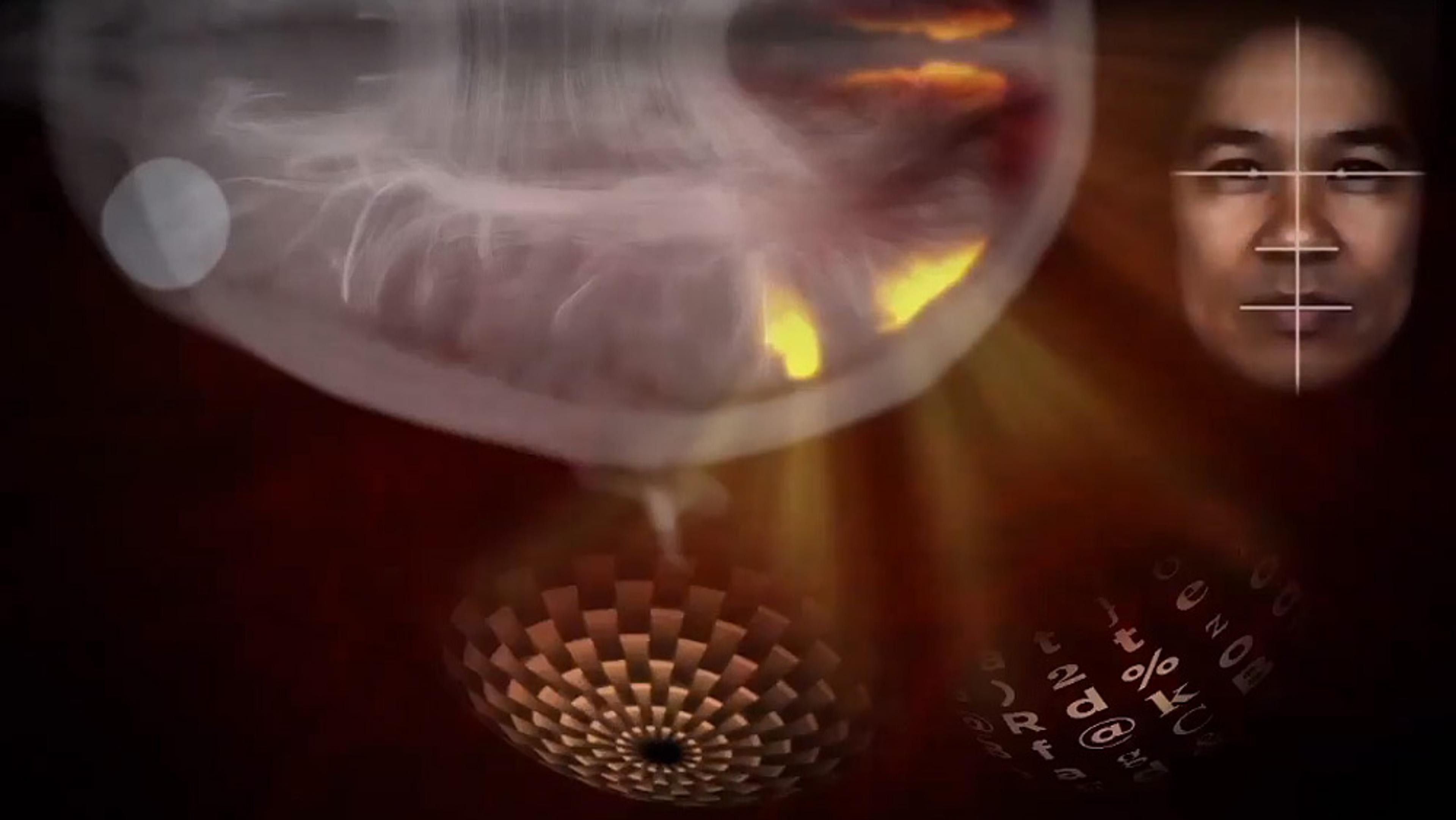
videoNeuroscience
After losing her vision, a woman’s sense of sight returns in a strange new way
4 minutes

videoKnowledge
Can you know everything about colour if you see in black and white? A thought experiment
5 minutes
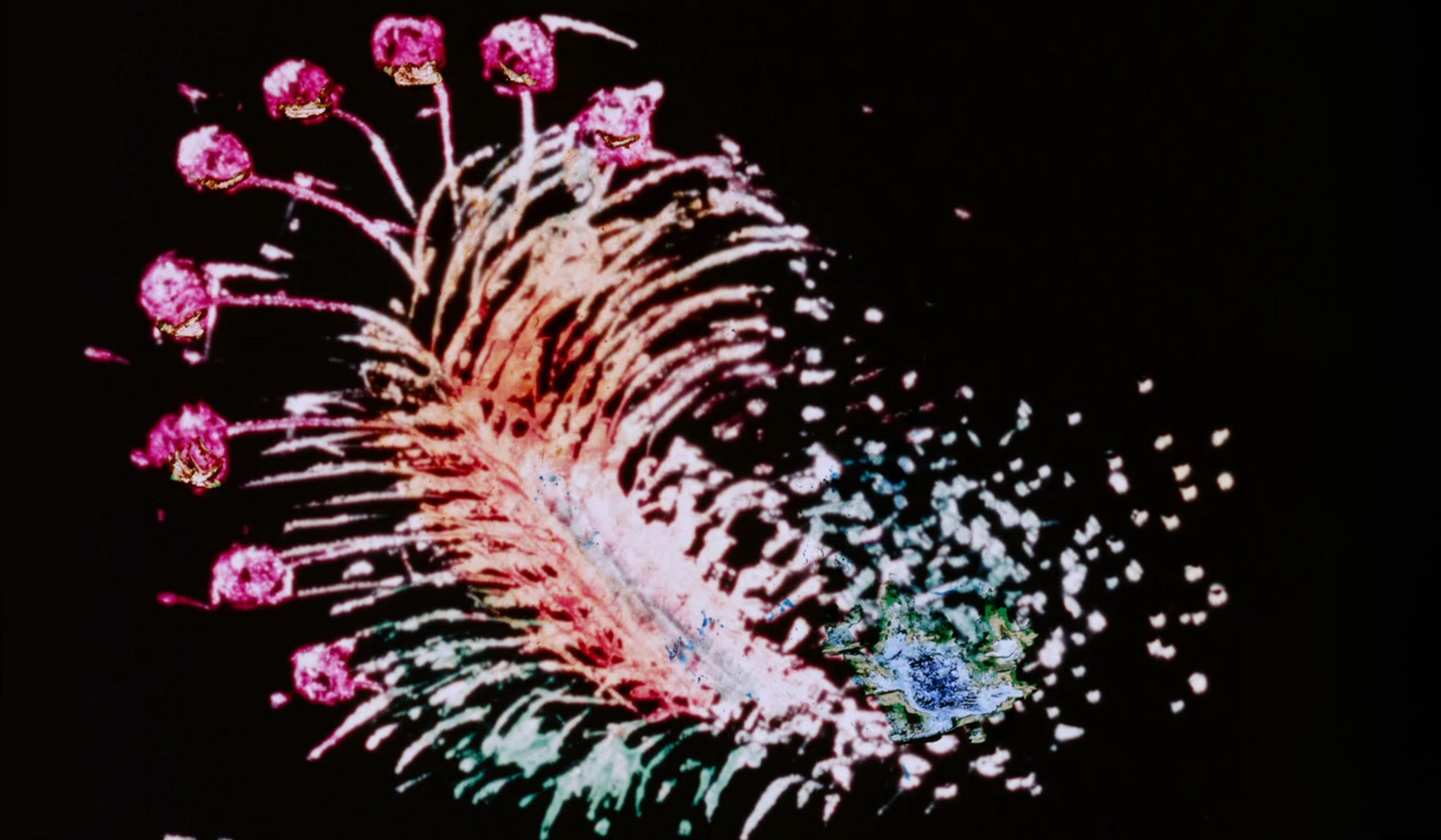
videoFilm and visual culture
A Palme d’Or-winning animation toys with the way our eyes perceive light
5 minutes

videoHuman evolution
Why can’t blindfolded people walk in a straight line? It’s a scientific mystery
4 minutes

videoNeurodiversity
Step into synaesthesia’s visual soundscape, built with the music of John Coltrane
2 minutes
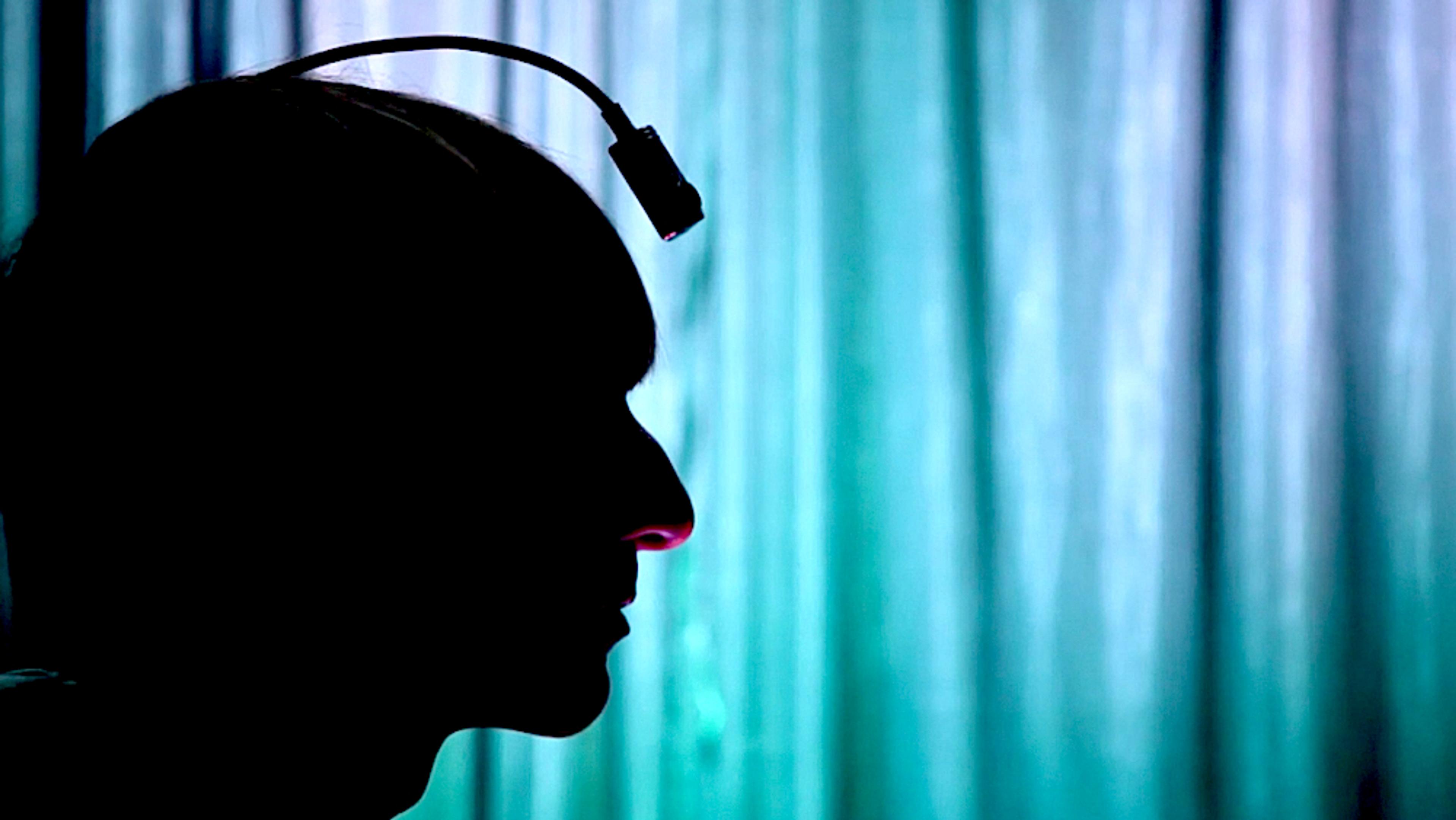
videoAutomation and robotics
How the world’s first ‘recognised cyborg’ senses colour through sound
4 minutes
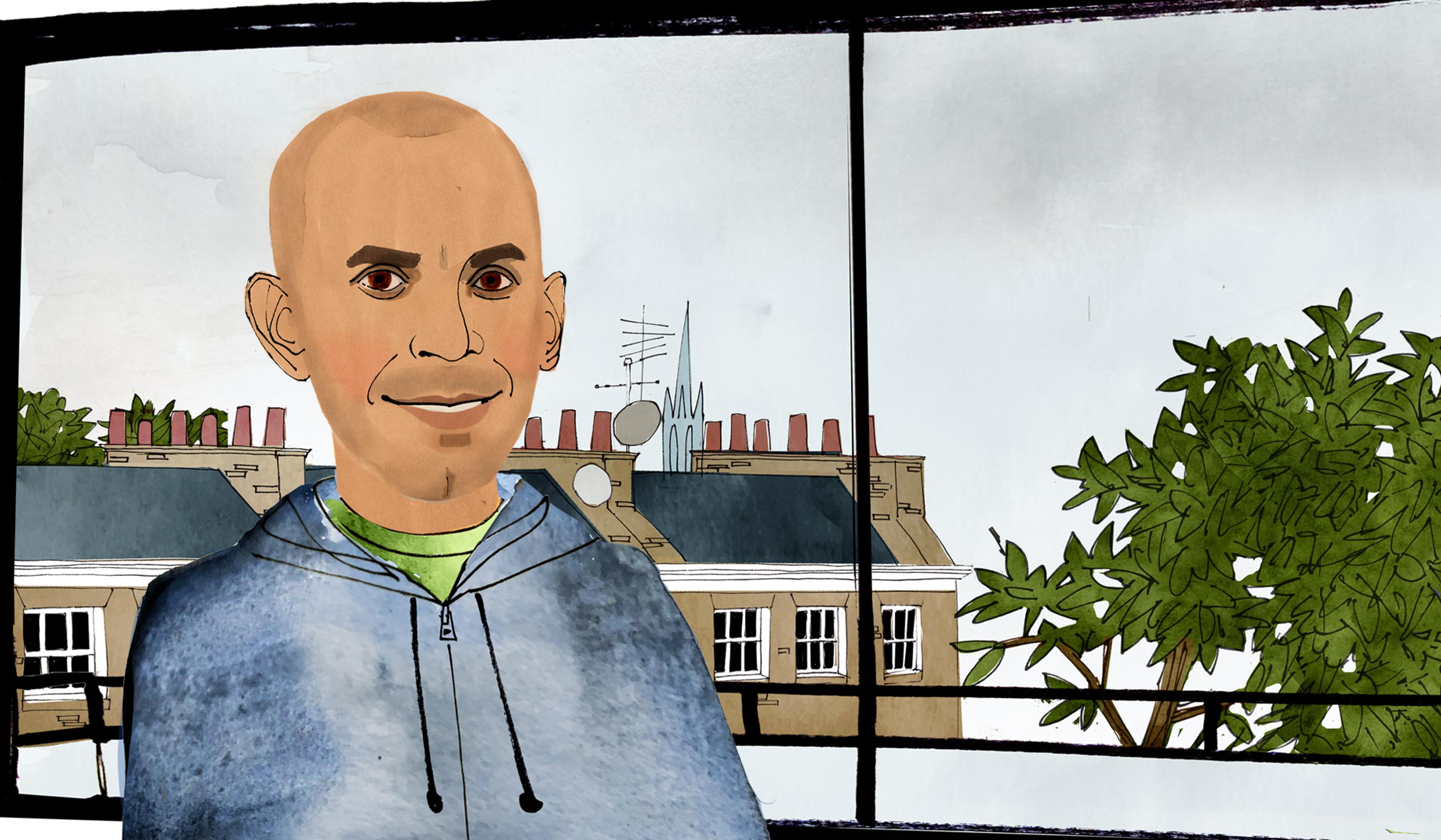
videoPhilosophy of mind
Anil Seth on why our senses are fine-tuned for utility, not for ‘reality’
10 minutes
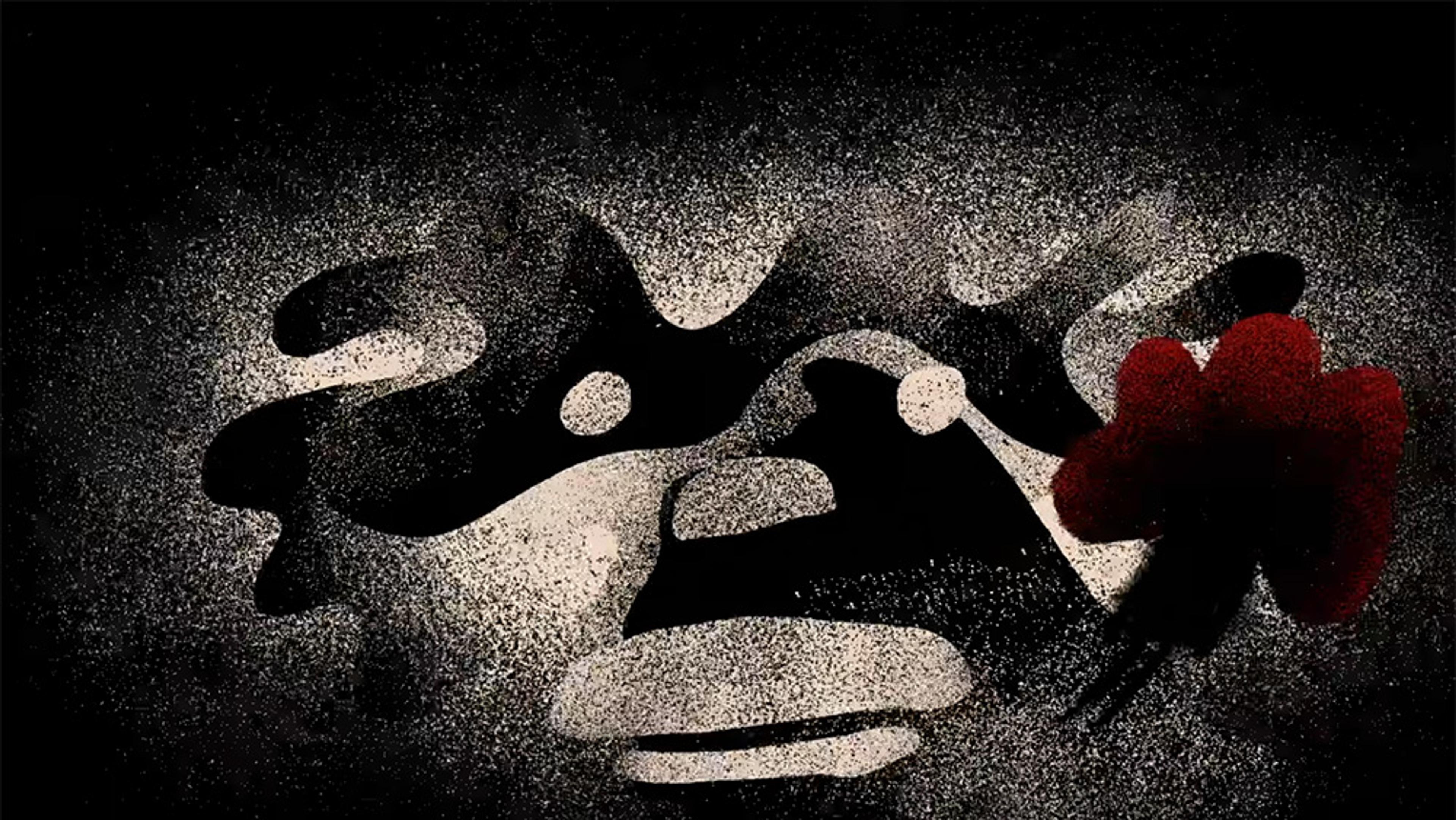
videoNeurodiversity
‘A face is a hilly landscape.’ How a face-blind artist paints what she can’t recognise
5 minutes

videoNeurodiversity
Autistic children and adults sketch out the look and feel of their sensory world
11 minutes